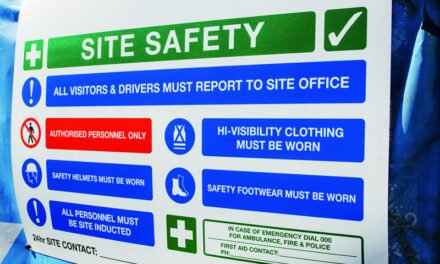The Superannuation Guarantee is rising and more employees will be covered.
On 1 July this year, super is changing for employers. Here’s a quick rundown of what you need to know so you can get your payroll systems sorted with time to spare.
THE SUPER GUARANTEE IS RISING
The superannuation guarantee (SG) is going up. This may sound like a familiar story, as it rose last year and is set to rise again in 2023 as part of government legislation to increase SG to 12% by 2025.
The current rate is sitting at 10% and will grow to 10.5% on 1 July 2022.
Whether you pay SG fortnightly, monthly or quarterly, you’ll need to check that all eligible employees are receiving the new, higher amount of 10.5% as part of their salary package. The first ATO quarterly deadline this change will apply to is 28 October. This covers the period 1 July to 30 September.
You’ll also want to check what this means for any high-earning employees. That’s because the maximum super contribution base will also rise on 1 July, ticking up a few thousand dollars to $60,220 quarterly for the 2022/23 financial year. This means if you have any employees earning above this amount in a quarter, you don’t have to pay SG contributions on the part of their earnings that’s over the limit.
SUPER TO COVER MORE EMPLOYEES
Also from 1 July, the $450 monthly income threshold for superannuation will be removed, meaning around 300,000 low-income workers will qualify for SG payments for the first time.
Until now, the threshold has meant anyone earning less than $450 per month from a single employer wasn’t eligible for employer contributions, even if their overall earnings from multiple jobs was more than $450!
A lack of super contributions over time can seriously impact retirement savings, so this change is a meaningful one for many employees.
If you have employees who fall into this category, you’ll need to prepare to start paying them super. Other SG eligibility criteria still apply, such as employees aged 18 or younger needing to work more than 30 hours per week to qualify.
How can employers get prepared?
Make sure you check and update your payroll and accounting systems before 1 July 2022 with these new rules in mind.
SUPPORTING OUR INDUSTRY THROUGH CHANGE
Need help getting ready for 1 July? As the super fund for the timber industry, First Super understands the juggle between running your workplace and meeting your employer obligations. We’re here to help in any way we can, whether that’s chatting to your payroll team or visiting your worksite.
Get in touch with one of our local coordinators at firstsuper.com.au/coordinators or call us on 1300 943 171. And if First Super isn’t your default super fund, learn more about our services, including our focus on hands-on approach, at firstsuper.com.au/default-super-fund.
First Super Pty Limited (ABN 42 053 498 472, AFSL 223988) as trustee of First Super (ABN 56 286 625 181). This article may contain general advice which has been prepared without taking into account your objectives, financial situation or needs. You should consider whether the advice is appropriate to your personal circumstances and consult the Product Disclosure Statement at firstsuper.com.au/pds before making any investment decision.












